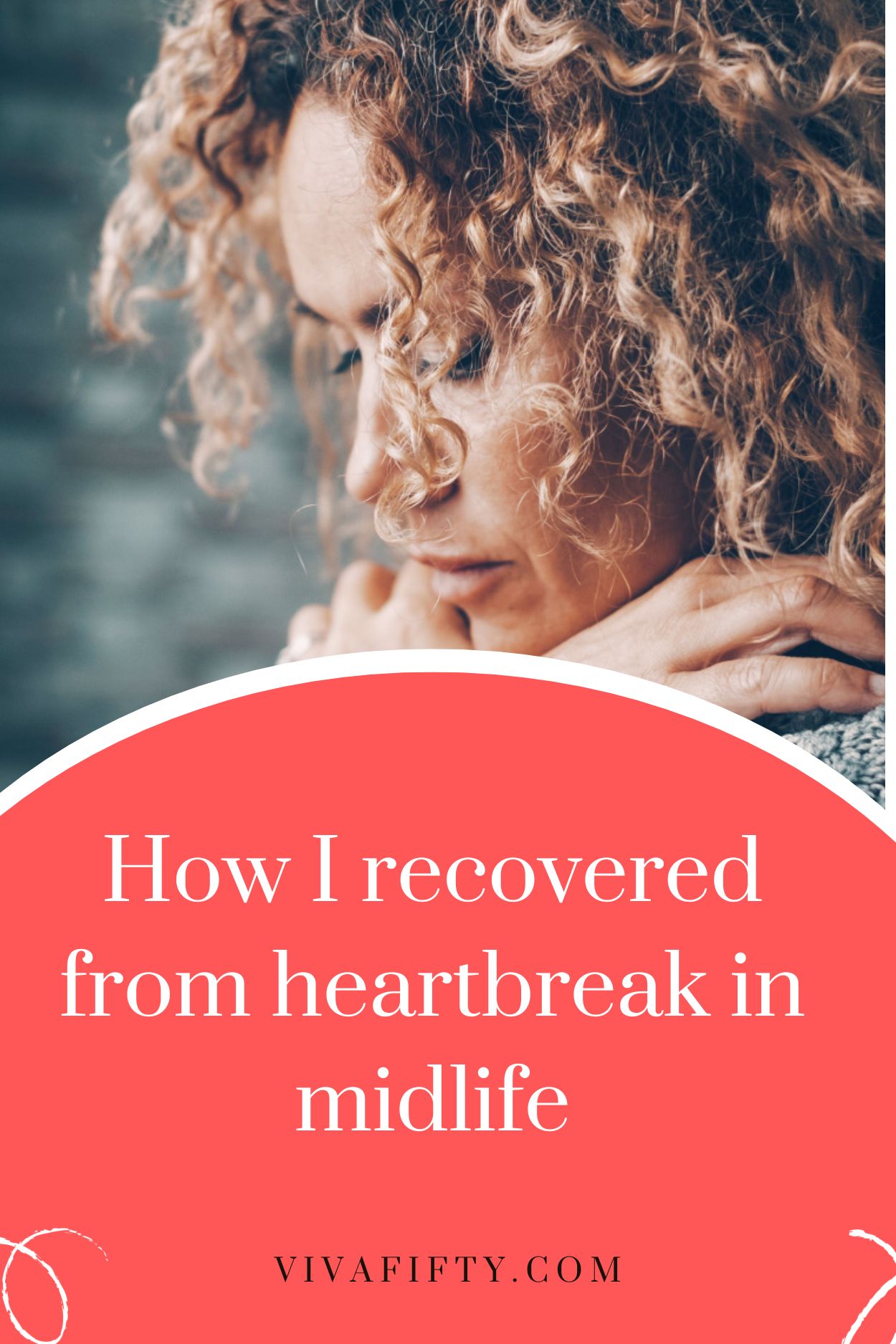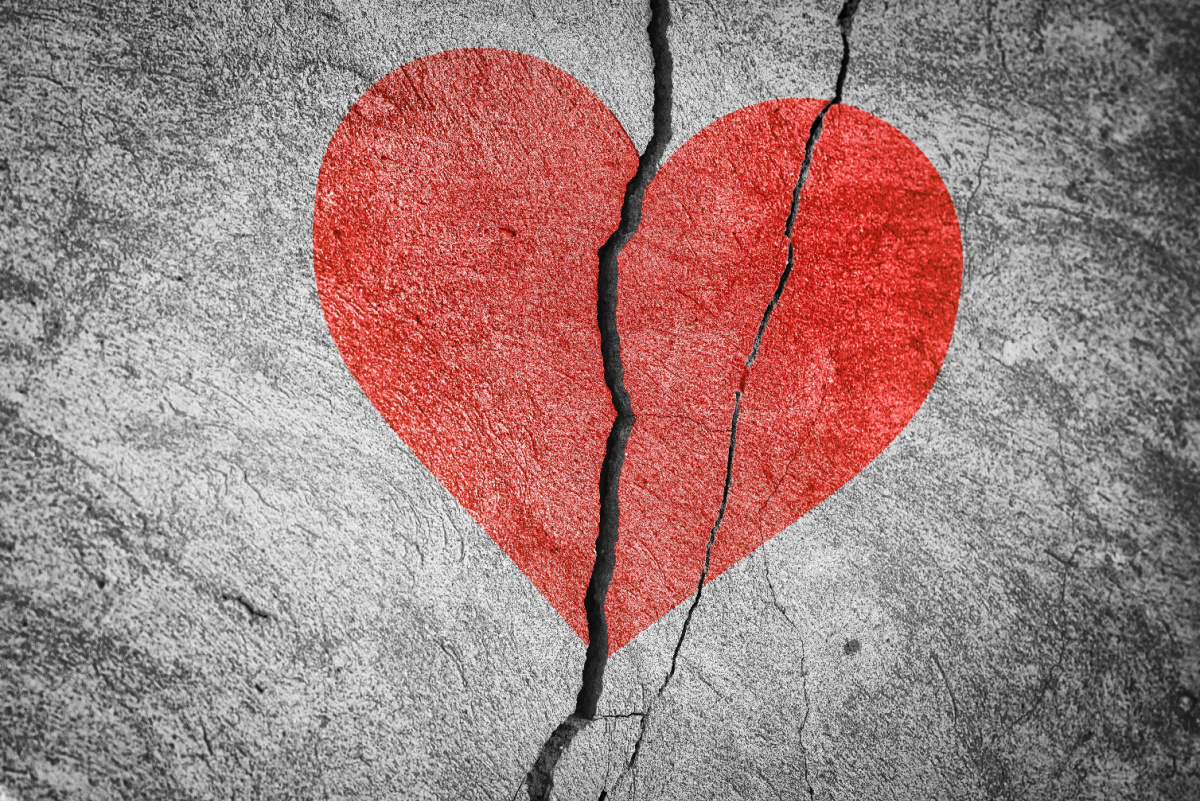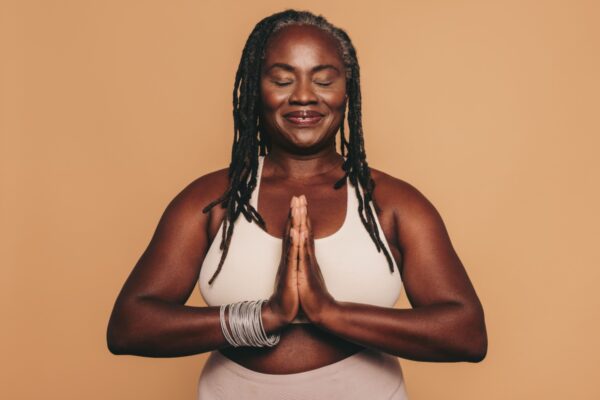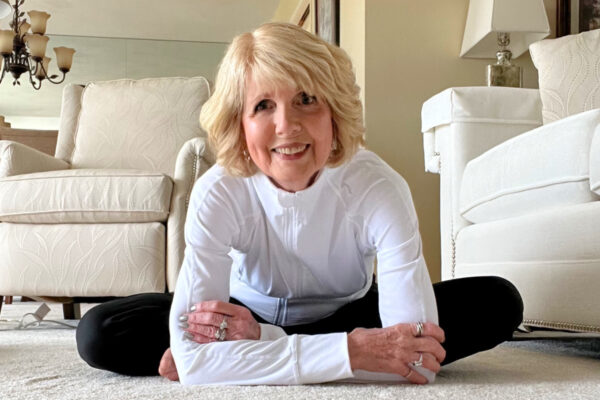I was 50 years old when was served divorce papers. I thought I’d never recover from the heartbreak in midlife.
I have always understood in my head that heartbreak has to do with one’s ego. The ego is the one that feels rejected, abandoned.
But it is hard to separate feelings from rational thought. The heart ignores rationale.
I had a relationship which was supposed to last for a long time, perhaps forever.
Although our marriage was far from perfect, I never saw the petition for a divorce coming. My heart froze when I got it.
When you are dumped, it’s normal to think: I am not lovable, I am not good enough. Even more so when you’re a middle-aged woman.
The five stages of grief
I was left with an overwhelming feeling of inadequacy, rejection and despair. And then I started my journey through grief.
As the Scientific American quotes “there are no stages of grief that fit any two people or relationships.”
The five stages: Denial, anger, bargaining, depression and acceptance were introduced by the psychiatrist Elisabeth Kübler-Ross, when she wrote On death and dying in 1969.
She based these stages while studying patients and their emotions when they went through the process of dying.
Since the publication of her book, these five stages of grief have been applied to all types of loss as in the loss of a love, more popularly known as heartbreak.

Understanding my emotions and my own order
I went through the five stages of grief myself, and in an attempt to understand what I was feeling I desperately Googled all types of word combinations to find a solution to the pain: heartbreak, loss, how to get over loss, how to get over a broken heart!
I found and held on to the five stages of grief as a guide. I would say to myself: “OK, now I am in the denial stage, next is anger. OK, I am over anger now, but I am back to denial.”
I seemed to ping-pong from one to the other and I was frustrated! I tended to linger over the depression stage mostly, which I fought against fiercely.
Finally I decided to seek help. I spent the whole first hour of therapy in tears. I am not prone to crying, especially in front of strangers.
Most of what I was feeling had not much to do with the loss at hand but with unresolved issues from earlier in my life.
Also read: Remarrying at 50 to build the family we always wanted
The shrink shrunk my problem
What I got out of it and found out: I just had to sit with the hurt and feel it, no matter the stage.
I had to figure myself out through talking to someone who wouldn’t take sides, who could be objective and who told me I was sad and heartbroken and that this was normal and OK.
That I should grieve, not only this loss but the losses I had not grieved in childhood. Now was the time.
People react differently to loss and grief, some won’t react or feel much for a while. Others will accept the loss more readily and move on faster because they are more resilient.
Of course death and heartbreak are very different types of losses, but some feelings are shared.
Rules, where feelings are involved, are not precise or acceptable. We all feel differently, deal differently and cope as well as we can.

How I overcame heartbreak and grief:
- Talking to friends and an objective outsider.
- Keeping in close touch with family and friends.
- Focusing on what I love: my job.
- Crying, a lot, and calling people on the phone.
- Reading about loss to get some perspective.
- Keeping it simple: I was sad and this was not the end of the world.
- By believing that there is a balance: when we lose, we win in some way: more understanding, deeper knowledge of ourselves and others.
- Accepting that pain is a part of life and there is no avoiding it.
Eventually I let go and started to feel alive again. I went through my own unique experience, following no rules or order in the process of grieving.
In time I was also able to laugh at myself, most important to me!








Leave a Reply